10 Interview Questions to Ask Avionic Engineers
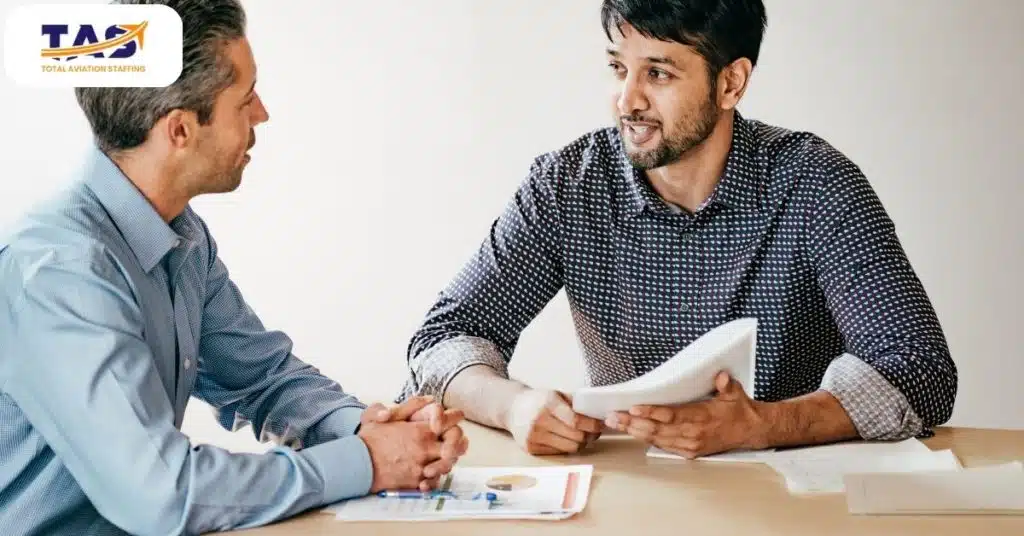
As an avionics engineer, you will be responsible for developing, testing, and maintaining the electronic systems used in aircraft. In order to be successful in this role, you need to have a strong understanding of aviation principles and practices. If you’re looking to hire an avionics engineer, here are 10 interview questions that will help you assess a potential candidate’s knowledge and experience. These questions will give you insight into their technical skills, as well as their ability to work independently and think critically. Take the time to really get to know your applicants by asking these important questions during the interview process. This can help ensure that you find the best person for the job!
1. How Do You Diagnose Avionic System Issues
Diagnosing avionic system issues can be a complex process, often requiring expertise and technical knowledge. Asking candidates the right questions during an aviation engineer interview is essential to ensure their capability to properly diagnose malfunctions and other issues. Questions related to how they go about recognizing patterns in component behavior, diagnosing root causes, and proposing solutions are great ways to identify qualified aviation engineers. Unearthing the second-level interventions they take while troubleshooting complex systems in aviation can provide greater insight into the candidate’s diagnostic proficiency. Seasoned aviation engineers should explain the strategies they use when carrying out assessments of avionics systems and demonstrates best practices for problem resolution. Being aware of the associated issues with aviation systems can raise red flags if somebody does not know or understand them. Any interviewing process will benefit from asking relevant and insightful questions on diagnosis and aviation system evaluations to ensure that you hire the most qualified person for the job.
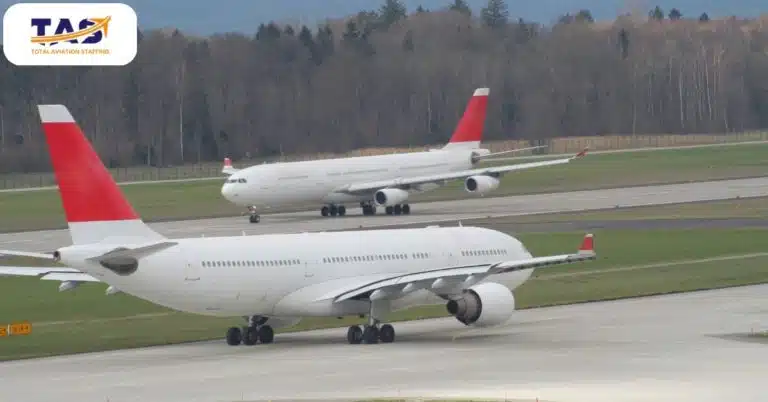
2. How Do You Determine Aircraft Performance
One key question to ask when interviewing aviation engineers has to do with determining aircraft performance. Aviation engineering is a field that requires tremendous knowledge and understanding of aviation processes and technologies. With this in mind, it’s important to understand how aviation engineers go about evaluating an aircraft’s performance if they are tasked with creating or repairing one. An aviation engineer should be able to explain the procedure they use to quantify aviation performance, such as explaining which tests and measurements need to be taken and how they can be analyzed. Furthermore, they should be able to confidently discuss the latest methods used in this process and any new regulations or technological advancements that have impacted the aviation industry when making determinations about aircraft performance.
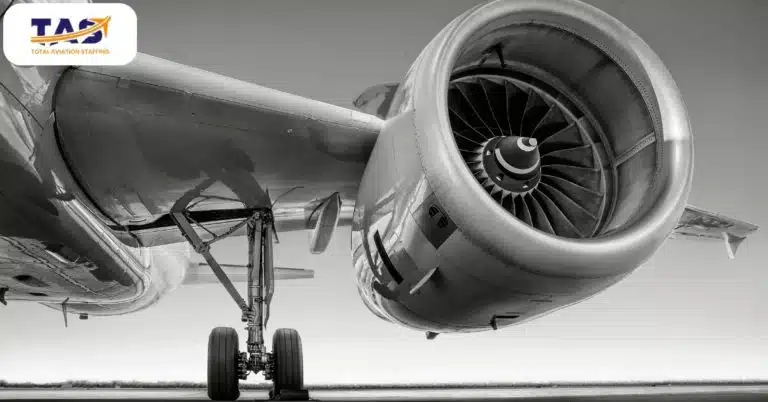
3. What Is the Most Challenging Issue You Have Faced as an Avionics Engineer
As an aviation engineer, one of the most challenging issues that may be encountered is staying up to date with aviation regulations and compliance. Avionics engineers must keep up to date with current industry standards and ensure that any equipment they are designing meets the highest safety requirements for aviation. It is also essential for avionics engineers to stay abreast of new technologies, tools, and testing procedures in order to stay competitive. When interviewing potential avionics engineers it may be a good idea to ask about their strategies for keeping up on aviation updates and regulatory changes. Understanding how an engineer keeps current can help illustrate their knowledge and experience within the aviation industry.
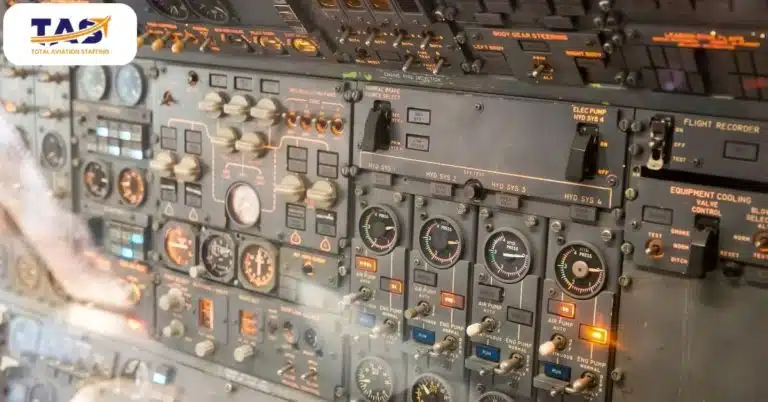
4. What Are Your Favorite Aspects of the Job
When interviewing aviation engineers, it is important to consider their passion for the profession. In this field, there are countless opportunities to gain insight and knowledge into the inner workings of aircraft and their components. Avionics engineers can take great pride in being part of a team that creates state-of-the-art systems that enable airplanes to fly safely and efficiently. Ask about their favorite aspects of the job to get a sense of the types of projects they are passionate about, as well as any innovative approaches they may bring to the table. Insight into what motivates them and drives their work can be invaluable when it comes to making a hiring decision. Additionally, it can help foster a creative and collaborative environment for the team.

5. What Led You to Pursue a Career in Avionics Engineering
When interviewing potential aviation engineers, it is important to ask about their decision to pursue a career in avionics engineering. This can provide valuable insight into the candidate’s background and experience that may have led them down this path. It could also indicate a commitment to their profession; someone who has been interested in avionics since childhood or studied in the field for many years is more likely to be a dedicated and knowledgeable engineer. Questions about why they chose this profession can help you get a better idea of what kind of person they are, as well as their involvement in the aviation industry. This could give you further assurance that they are the best candidate for the job.

6. How Has Your Degree Prepared You for This Field
When interviewing potential aviation engineers, it is important to ask about their educational background. A degree in avionics engineering is a must for anyone entering the field, and understanding what a candidate has learned through their studies can provide valuable insight into how well-prepared they are for working as an engineer. Questions about how their degree has prepared them for the job can help you assess their knowledge of relevant topics and gain an understanding of their skillset. It is also important to consider if a candidate has taken courses or gained experience in any specialized areas, such as aircraft maintenance or flight simulation software. This could signify that they have a deeper understanding of the field and are able to apply what they have learned to their work.
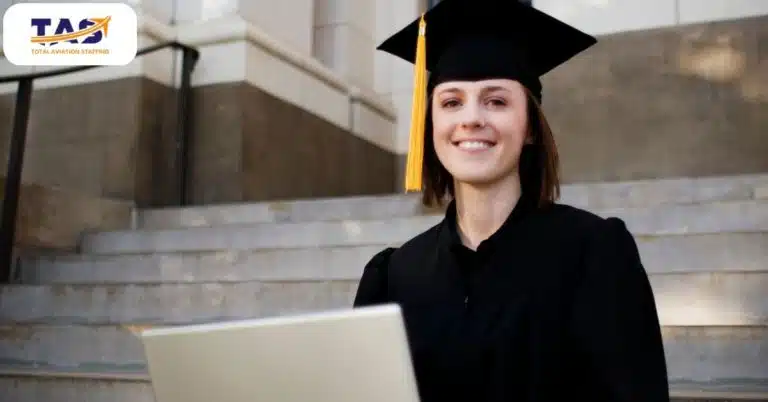
7. Are Some Common Challenges With Avionics Systems
When interviewing aviation engineers it can be helpful to ask about their experience with common challenges that arise in avionics systems. While each situation is unique, understanding what kind of problems an engineer might face and how they respond to them can provide valuable insight into their ability to tackle difficult tasks. Common issues that may occur include system malfunctions due to component failures or software bugs, design flaws in the system architecture, and regulatory compliance issues. Asking about how they would approach these challenges can give you a better idea of their problem-solving skills, as well as any creative solutions they may have to offer. It is also important to gain an understanding of the engineer’s knowledge of the industry and the available tools they can use to tackle these issues. Knowing how well-prepared they are for dealing with any difficulties that may arise is essential when it comes to making a hiring decision.
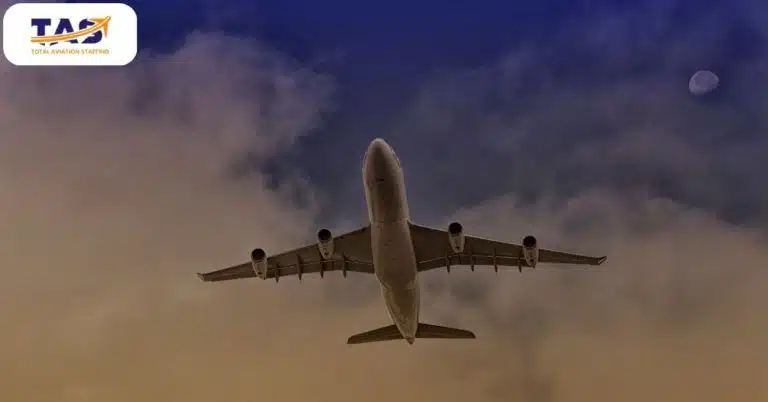
8. Is There Anything About the Role That Surprises You
When interviewing potential aviation engineers, it can be useful to ask about anything that has surprised them about the role. This could provide insight into their expectations and how they have adjusted to any new challenges or tasks they may have encountered. It could also indicate a level of enthusiasm and dedication to the job; someone who is open and willing to try something new is more likely to be a successful and motivated engineer. Asking about any surprises they have encountered can help you get an understanding of how well-prepared the candidate is for the job, as well as their willingness to learn and adapt. This could provide valuable insight into how well-suited they are for the role and make it easier to make an informed decision when it comes to hiring.

9. Have You Ever Had to Resolve a Conflict With Another Team Member If So, How Did You Handle It
When interviewing aviation engineers it is important to ask about their experience with working in teams. Aviation engineering is a collaborative field and understanding how well a candidate works with others can provide valuable insight into how successful they would be in the role. Questions about any conflicts that have arisen between them and another team member can provide an understanding of the potential candidate’s problem-solving skills, as well as how well they communicate in tense situations. Knowing how they have handled any disagreements can give you a better idea of how someone would fit into your team and their ability to handle any conflicts that might arise. It is also important to ask about the outcome of those conflicts; understanding if they were able to reach a satisfactory resolution and how it was achieved can provide an understanding of the candidate’s negotiation skills, as well as their ability to communicate effectively. Asking about any previous conflict resolution experiences can help you get an idea of how someone might handle similar issues in the future.

10. What Is Your Greatest Strength as an Avionic Engineer And What Is Your Biggest Weakness
When interviewing potential aviation engineers it can be helpful to ask about their strengths and weaknesses. This can provide an understanding of their technical skills as well as any areas they may need to work on. Knowing what someone sees as their greatest strength in the role can give you a better idea of how they would contribute towards the success of your team, while also understanding what they consider to be their weakest areas can help you identify any training or development needs that may be required. It is also important to ask about how they plan to work on those weaknesses and what strategies they would use in order to improve them. Knowing the candidate’s commitment to self-improvement and growth can indicate their dedication to the role and provide insight into how successful they could be in the long term. Asking about their strengths and weaknesses can help you get an understanding of what a potential aviation engineer would bring to your team.
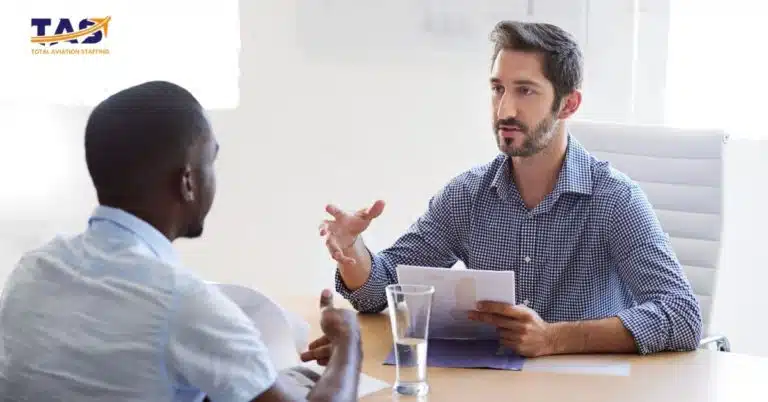
In Conclusion
When interviewing potential aviation engineers it is important to ask the right questions in order to get an understanding of how well-suited a candidate is for the role. Asking about any surprises they have encountered, their experience with conflict resolution, and their strengths and weaknesses can provide insight into how successful someone would be in the role. Knowing what a potential candidate brings to the table and how they plan to work on any weaknesses can help you make an informed decision when it comes to hiring. Ultimately, these questions can provide valuable insight into how successful someone will be as an aviation engineer and the contribution they can make to the team’s success.
